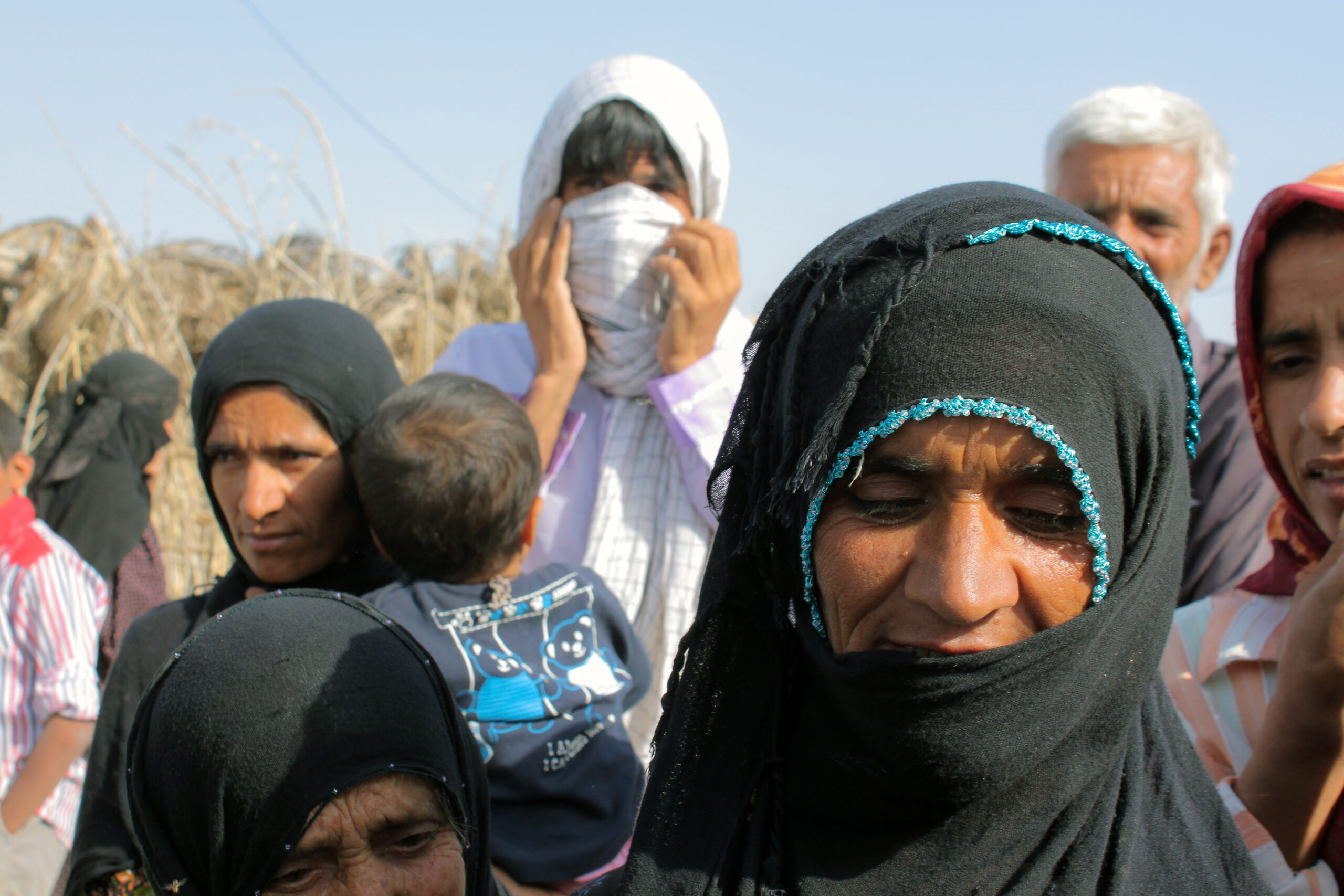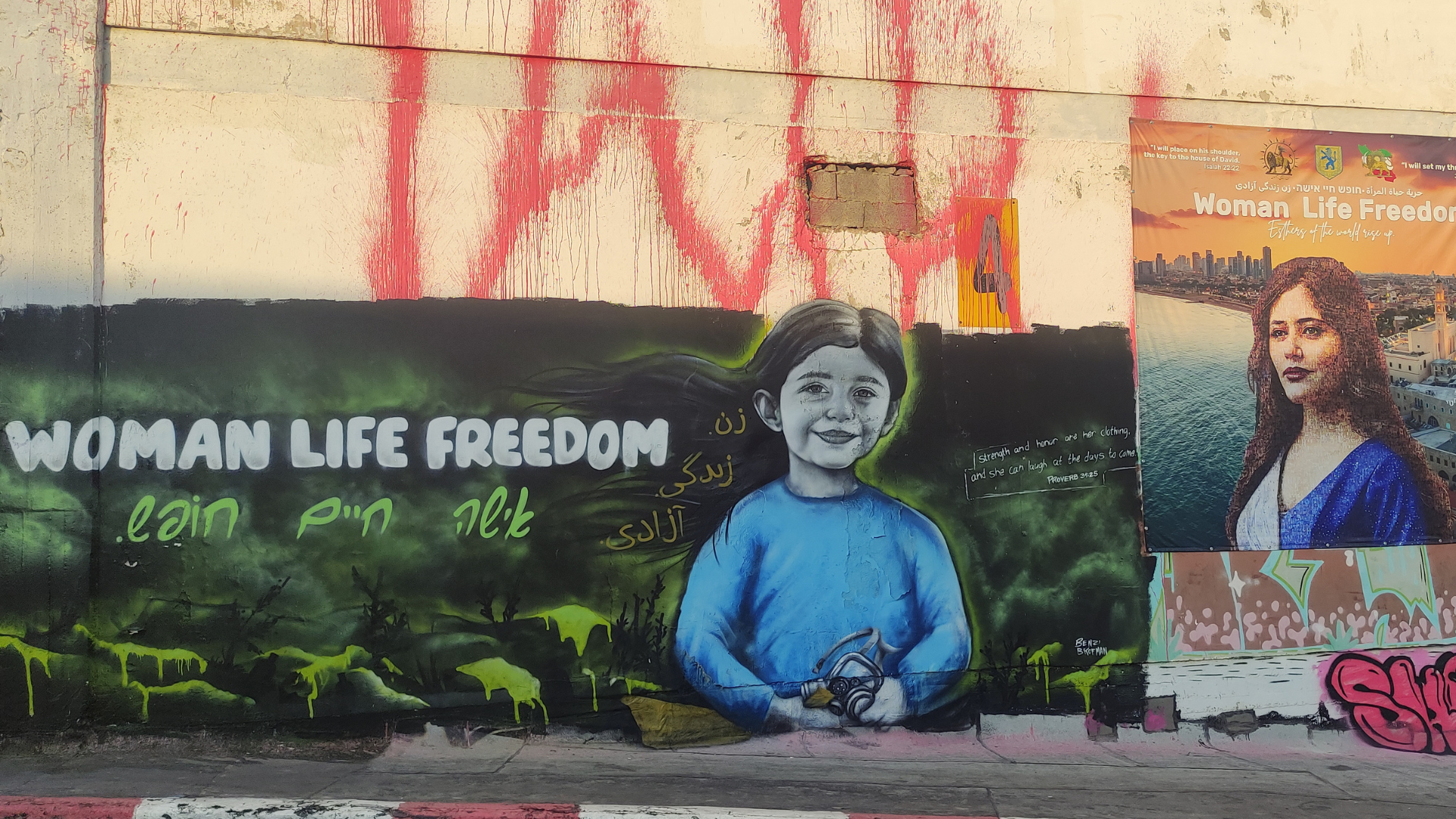
International Girls’ Day and Baluchistan
Author: Anila Yousuf
On 10th October every year the world celebrates International Girls’ Day. This year’s theme was on the digital generation, as digital platforms for learning, earning and connecting has accelerated all over the globe. Girls all over the developed world today, know their digital realities and the solutions they need to pave paths to freedom of expression, joy and boundless potential.
On the other hand, in the most impoverished province of Baluchistan, girls and women still do not have internet access at home; the term digital generation to them sounds alien as they live their life in extreme poverty and are deprived of most basic amenities. Baluch women face numerous specific and often life threatening challenges caused by direct actions of the Government and lack of health awareness, inadequate infrastructure and medical support services.
In addition, the Maternal Mortality Rate (MMR) and Infant Mortality Rate (IMR) data shows that maternity and infant deaths in Baluchistan are some of the highest in both Iran and Pakistan, due to poverty, malnutrition and medical negligence.The lack of health awareness and inadequate medical support services is such that in one of the recent incidents of a female death, it took three days for the woman to reach the hospital which ultimately led to her death, despite the doctor telling the mother that her child had died in the womb.
In Baluchistan, the deaths of women during childbirth are not only due to the government negligence, lack of infrastructure or incompetent doctors. They do not cause the death during childbirth. It is when daughter is born, that society slowly and gradually pushes her to death. In the very early stages of childhood of the newborn , the burden of household chores and babysitting for younger siblings falls on the shoulders of the girls.
It is very normal for the several girls to fall unconscious on a daily basis in schools, or to get sick again and again due to malnutrition. Often the reason behind long absences from schools or drop outs are the household chores and childcare for younger siblings. In extreme poverty where one can barely afford two meals a day, it is impossible to pay for milk, fruits, meat and other nutritious food. On top of that, there is a chronic lack of awareness and taboos surrounding menstruation and hygiene which give rise to many hormonal and reproductive diseases make the girls anemic and weak at an early age.
In addition to that, they also are subject to child marriages and teenage pregnancies. This is a patriarchal society where the woman of the house doesn’t get any say in the family planning and in the midst of no break between children, the selfish in laws and labor-intense house chores, she forgets about herself and the deep depression leads her to the threshold of death. She eventually dies of blood loss or any other complication at the time of delivery.
The laws promoting equality of women and women rights, the actions taken by various NGOs and women’s rights organizations will not work unless women, girls and society are aware of the underlying reasons behind maternal mortality rate and take measures accordingly.


